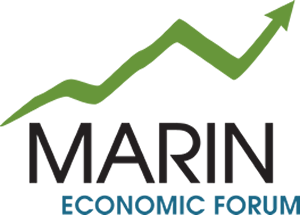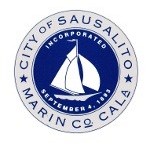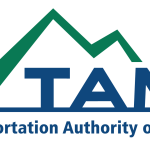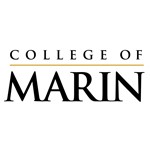Brexit is an example that it is a small world after all

By Robert Eyler
Marin Independent Journal
 The recent passage of Brexit by voters in the United Kingdom raised many questions and had far-reaching consequences. And despite our small footprint, Marin County potentially will feel the repercussions.
The recent passage of Brexit by voters in the United Kingdom raised many questions and had far-reaching consequences. And despite our small footprint, Marin County potentially will feel the repercussions.
Some good; some not so good.
Nonetheless, whatever the local outcomes, they should make us realize that this is an interdependent financial world that we live in.
And all the more reason that such organizations as the Marin Economic Forum continue to be an important informational, networking and idea exchange.
Because we (and the North Bay region) have several companies that compete on a global basis, there are three immediate issues to contemplate: housing and financial market performance, shifts in tourism flows, and trade links to the UK as either a marketplace or a gateway to mainland Europe.
The Brexit decision assures that we are likely to remember 2016 as one of the most politically intense years of the century.
While our presidential election is slowly building to a crescendo in November, the UK vote to leave the European Union has already changed the scenario that whomever we elect will have to face.
Because the UK’s currency is the pound sterling and not the Euro used in EU countries, the unwind will be more about how currencies are trading for each other and less about compliance.
But the disconnect from trade and financial infrastructure based on EU membership will be a large enough headache.
Marin County, housing may be positively affected for two reasons.
First, the outflow of capital toward the United States from the UK will further reduce pressure on interest rates; the Federal Reserve knows this and may now further delay interest rate increases to prevent the U.S. from becoming a magnet for UK wealth seeking the slightest of interest rate gains.
Mortgage rates should remain stable and low, and housing demand will remain supported.
Those residents with global investments may find losses from emerging markets that have ties to the UK (e.g., Indonesia and Malaysia); countries like Japan may be financial beneficiaries although auto sales to the UK (and wine sales there for the North Bay region) may suffer.
For Marin County businesses, trade and labor connections to the UK may be delayed or hampered.
U.S. trade relations otherwise should be little affected.
Businesses such as Autodesk and BioMarin may need to consider the size and scope of offices and business branches in the UK if they are utilized to service Europe more completely.
This may slow progress in life sciences generally, especially if global uncertainty is exacerbated by this situation.
For tourism, we may see a flip of British tourism for Americans.
Marin County residents may now plan trips to London that they have delayed if the pound’s value falls significantly. For UK travelers, the opposite might be the case, reducing their visits to Marin County, wine country and the greater Bay Area.
Businesses in Marin County, such as hotels and B&Bs and restaurants, may hear fewer UK accents.
Under the assumption that global uncertainty ebbs a bit after the tidal wave of opinions and concerns is done crashing over news channels, Marin County should be economically good after this is all said and done.
The UK has multiple reasons to sort the aftermath out quickly, and allow us to prepare for November and more political zaniness.
Robert Eyler is dean of the School of Extended and International Education at Sonoma State University as well as the chief economist for the Marin Economic Forum.
Tags: Autodesk, BioMarin, Economic Forensics Analytics, Marin Economic Forum, Robert Eyler














